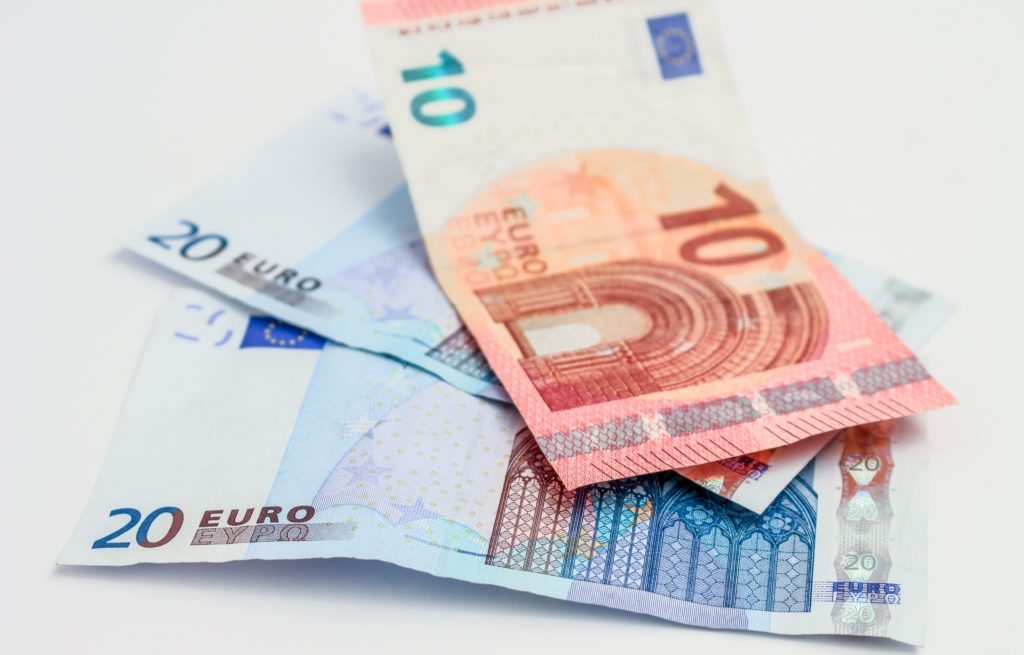People who had an experience of unforeseen expenses arise can express one of two things:
- How happy they were that they had an emergency fund or
- How difficult it was to find the money they suddenly needed.
Therefore, preplanning in advance is a key factor in successfully weathering the financial emergency we are all sure to face in life.
Financial emergencies can happen anytime. In some situation, for example without warning, you can lose your job, get sick and be unable to work, run into an accident and be hospitalized, your stuff can get stolen, or your car or home can suddenly need major repairs.
These are a few examples where people should have an emergency fund, therefore it’s important to have an emergency saving. It’s recommended that you save at least three months’ worth of your monthly expenses.
However, what if a financial need occur as a result of an emergency situation and your savings is not enough, or worse, you don’t have money saved at all to pay for the expenses – what can you do, and what are your options?
There is much debate on which approach should be prioritized, paying down debt or building up an emergency fund? Paying down high-interest debt should always be your first priority because paying that interest is a substantial burden, but that doesn’t mean you shouldn’t be saving some money aside every month as well.
If you are paying off high-interest debt, that generally should come first, because it is such a financial hardship. That said, it’s good practice to build the sound financial habit of paying even a little toward an emergency fund while reducing high-interest debt.
The following are few sources of cash that you can utilize if you don’t have an emergency fund.
1. Ask for financial support from people who owe you
You were generous to support them when they were in need, now it’s time to pay you back and you have a good reason to ask for it.
2. Reduce your spending
Re-allocate your budget for discretionary expenses towards your financial need. Get rid of your normal indulgences and remind yourself that any amount of cash that you save will help.
Although this sounds like common sense, it is still surprised to hear some friends complain about not having enough money to pay for an emergency expenses, but they’re always eating out in restaurant.
3. Find another source of income
It’s time to become creative and look for ways to earn extra income. By for instance buy and sell stuff, offer your skills as a service, or if possible, apply for a second job or part time job.
4. Liquidate assets and investments
Sell the things that you own. You can start with the stuff that you haven’t used in a year, especially branded clothes, and kitchen appliances.
If you find yourself still short of cash, then proceed to redeeming your paper investments and sell your pooled fund units and shares, as the last resort.
5. Withdraw from your life insurance policy
Contact your life insurance agent and ask if your policy already has some cash value that you can withdraw.
This step can fail, especially if you’ve had your policy for just five years or less, or if you have term insurance.
6. Borrow money from a friend or family member
Borrowing money from friends or relative has benefit of having a loan without interest. However, this must be a last option because borrowing cash should be a later consideration. Try your best to produce money on your own first. If this is inevitable, then have the honour to pay back the loan in the future.
7. Take out a personal loan
We do not recommend for applying for a personal loan. However, when all else fails and you have a serious emergency situation, unfortunately you must apply for a personal loan. Getting an unsecured or non-collateral personal loan from a bank or a loans association will be quick, albeit the higher interest.
For substantial amounts, it might be better to get a secured loan because this has lower interest rates. However, you must check your future cashflow or you will risk losing your collateral.
To avoid trapping in financial emergency situation, it’s better to always have saved cash for sudden financial emergencies.
